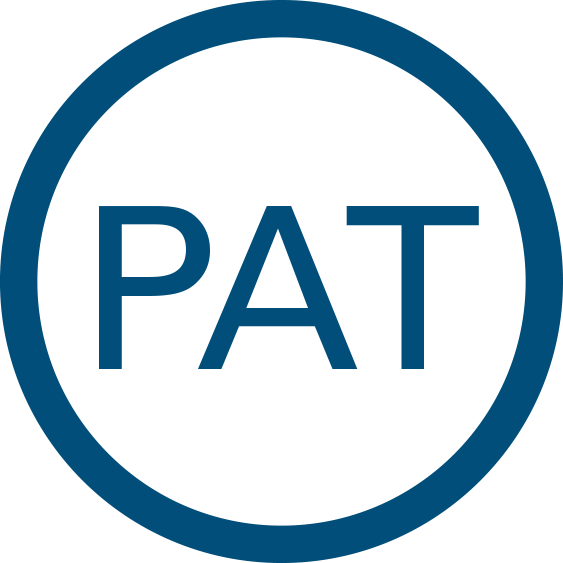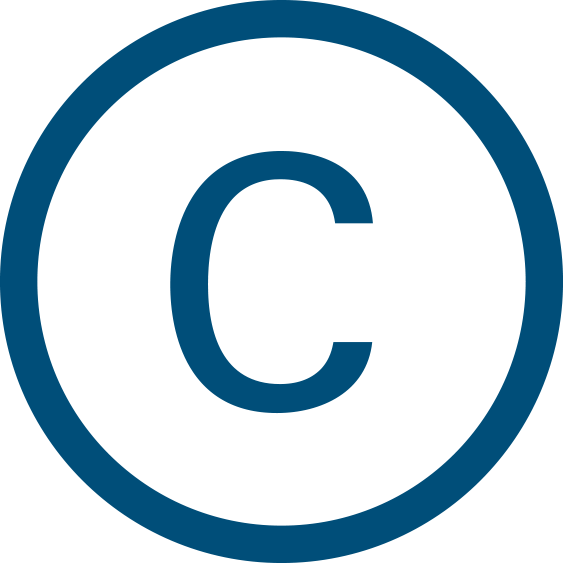What is intellectual property?
Intellectual property, as the name suggests, covers creations of the mind.
These creations can be generally broken down into the following categories:
• PATENTS protect inventions such as machines, processes, compositions of matter and certain designs;
• TRADEMARKS are brand identities such as product or service names, logos or packaging;
• COPYRIGHTS are artistic creations, such as artwork, writings, film or music;
• TRADE SECRETS are non-public business information, such as secret business formulas, processes and methods
The importance of intellectual property
Most successful businesses in a wide variety of industries share a common trait: they pay attention to their intellectual property assets, including inventions, brands and creative works. The intellectual property assets of successful businesses are what the businesses are known for. Consumer product companies are known for their brand names. Technology companies are known for their innovative and distinctive products. Artists and entertainment companies are known for their creative works. Each of these types of intellectual property, otherwise known as patents, trademarks and copyrights, have their own characteristics and means of protection.
Attention to intellectual property is important. Failure to protect your intellectual property assets or to make sure that you are not violating the intellectual property assets of another can result in:
• Loss of trademark rights
• Missed business opportunities
• Pre-emption in the market
• Infringement litigation

Patents
Patents protect inventions, such as new products, processes, designs or compositions. While any idea may be an invention, in order for an invention to be patentable, the invention must be new and not obvious in light of existing technology.
A patent may be simply described as a government sponsored monopoly, granting the right to exclude others from making, using or selling an invention. One common misconception about patents is that owning a patent does not give the patent owner the right to do anything with its invention. As an exclusionary right, a patent is more of an offensive tool than a defensive one.
Patents are national in protection, and a patent in the U.S. will not by itself provide any enforceable rights outside of the U.S. For protection outside of the U.S., additional patent applications may be necessary.


Copyrights
Creative works, including writings, artwork and music are automatically protected by copyright. Copyright provides the owner of the creative work with the exclusive right to control copying and creating new works based on the creative work, otherwise known as derivative works. Registration is not required for copyright to exist, but for U.S. copyright owners, a copyright registration with the U.S. Copyright Office is a prerequisite for filing a law suit for infringement of copyright.
Trade Secrets
Certain information about a business may provide the business with an advantage over competitors, provided that the information is not known to the competitors. New technology often is kept confidential during development before patenting or even instead of patenting. It is important that the business keep such technology and similar information confidential to maintain the competitive advantage, usually through non-disclosure, confidentiality and employment agreements.
• Misappropriation of trade secrets
• Unfair competition
• No attribution for your work
• Unnecessary expenses
These are examples of the risks, but a proper evaluation of your specific needs can determine whether any of these apply to your situation.
Trademarks
Trademarks are the names and logos used to identify the products and/or services of a business. A trademark serves the business by distinguishing the products and/or services of the business from its competitors. In the U.S., trademark rights are acquired through use of the trademark, however, registration is recommended, through Federal or state registers. Outside of the U.S., trademark rights are generally based upon registration.
Trademark rights are generally national in scope, however there are regional trademark registrations, such as the European Community Trademark and international trademark treaties that simplify registration in many countries, and provide more cost effective solutions than separate national trademark filings.